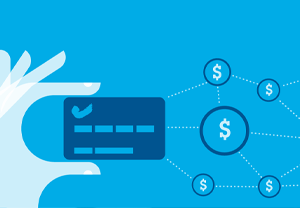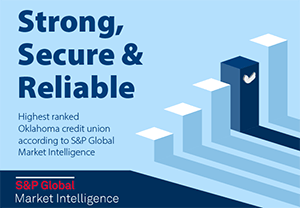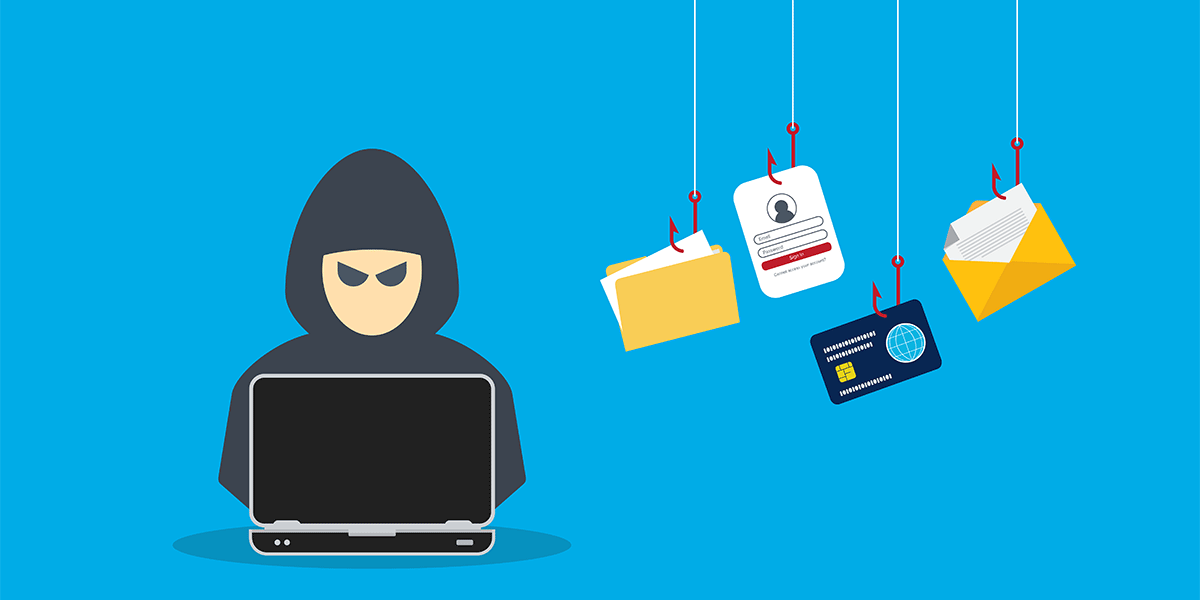Every year, CFCU members, as well as members of other credit unions and banks, fall victim to fraudulent activities that can cost thousands of dollars. CFCU takes active measures to protect your accounts from intrusion, but it is important for you to take steps to keep your accounts, devices, and funds secure.
Common Scams
“Microsoft” or “Apple” Tech Support Scam – In this scam, the victim receives a phone call or sees a pop-up window telling them that their device is compromised. The fraudster poses as Microsoft or Apple Tech Support and instructs the victims to install software that grants them remote access to their computer. Once the fraudster has access, they can install malware or keyloggers to capture your account information, login details, and passwords, even after the remote session ends.
Fraud Alert SMS Scam – Here, fraudsters impersonate your financial institution and send you an SMS (or text message) about a fraudulent charge on your account. The message may contain a link asking you to verify your account details, card number, or username and password. Do not enter your personal information! Text alerts from CFCU will never contain a link, and will either ask you to reply Y or N to confirm a charge, or instruct you to call us back at the number on the back of your card.
Holiday Item(s) Scam – Hard-to-find holiday items are another avenue for fraudsters to find victims. This year, scammers pose as sellers of PlayStation 5 or Xbox Series X gaming consoles and ask for payment up front via Cash App, Venmo, Zelle or wire transfer. Don’t fall for it! The item will not be shipped and the funds may not be recoverable. Only use peer-to-peer payment methods and wire transfers to send money to people you know and trust. They do not provide the same protections as signature-based transactions made with your CFCU debit or credit card.
If you plan on buying one of these items in person, make sure you meet the seller in a safe place. You can use services like Safe Trade Spot to find a location near you to facilitate the transaction.
The “Accidental Payment” Scam – In this scam, fraudsters send you an unsolicited payment with Venmo, Cash App, or similar peer-to-peer payment service. They then contact you via phone, text, or social media asking you to send the money back. In most cases, the payment is sent to you from a compromised account and will be reversed, leaving you on the hook for the amount you sent back to the fraudster.
If you receive a payment you didn’t anticipate, contact the fraud support team at the service (Venmo, Cash App, etc.) that was used to send you the funds. Do not send back another payment!
IRS, FBI, or SSA Gift Card Scam – This scam doesn’t want to go away. These fraudsters contact victims by phone, posing as a federal agency and saying that they owe taxes, are wanted for a crime, or their social security number is being blocked. The fraudsters make threats of arrest or freezing bank accounts, then instruct the victim to go to a local store and purchase gift cards to clear up the issue.
Government agencies will send you a letter if they need to contact you, and they will never ask you to buy gift cards for any reason. If someone calls you and instructs you to purchase gift cards, hang up the phone.
How to Protect Yourself
- Don’t share your sensitive account information with anyone.
- Only use peer-to-peer payments with people you know and trust.
- Never grant physical or remote access to your computer or mobile device to someone you don’t know or trust.
- If you aren’t sure who you are talking to, call the number on the back of your card or contact us securely through Online Banking.
- Read our tips for staying secure online.




